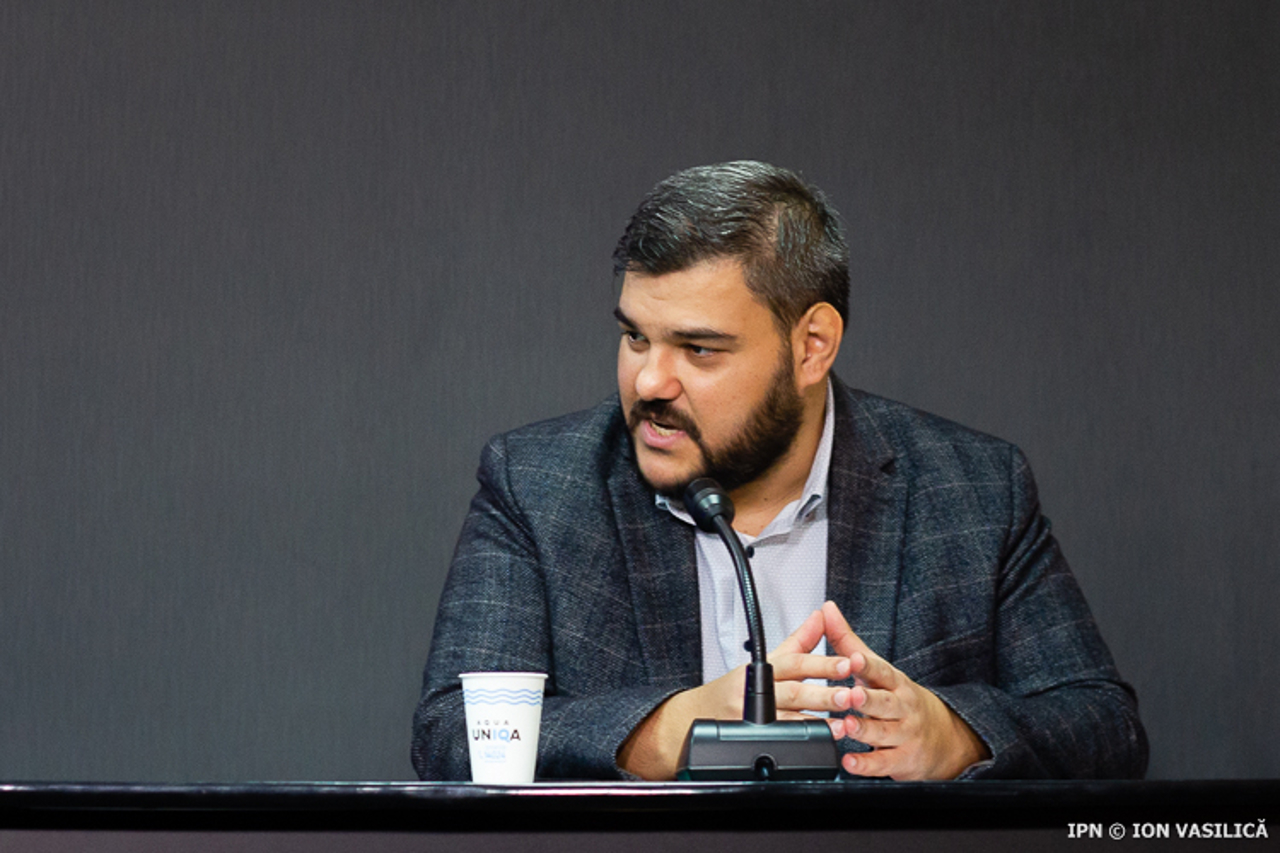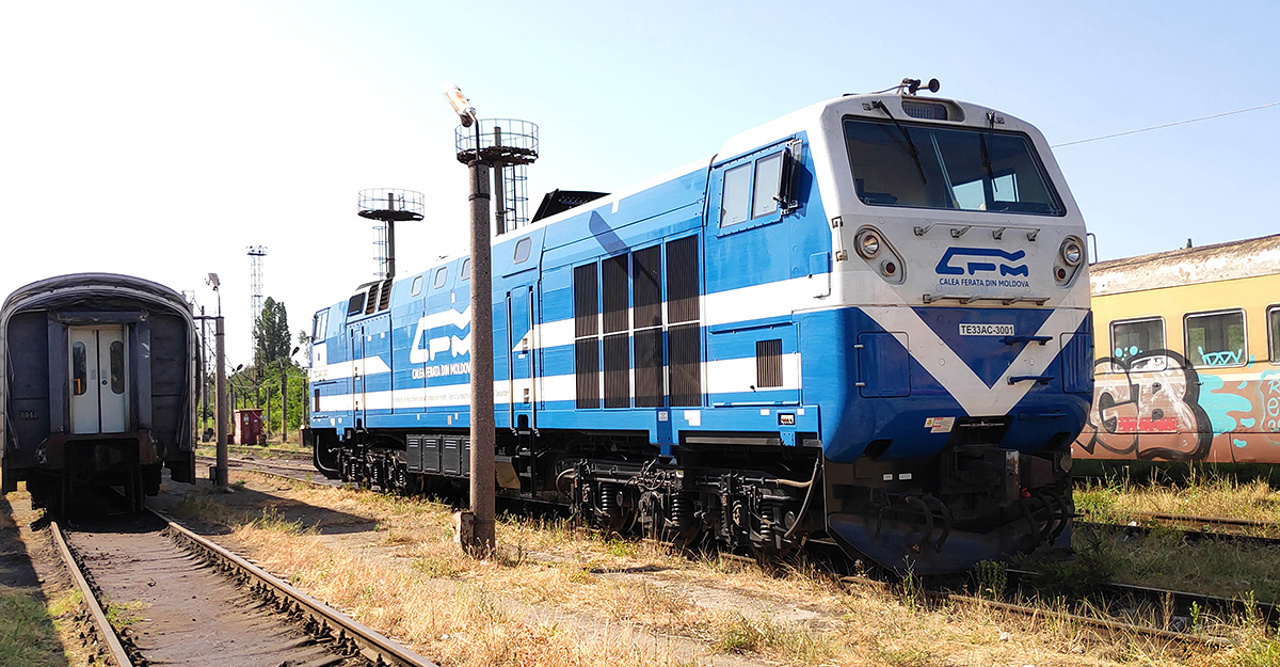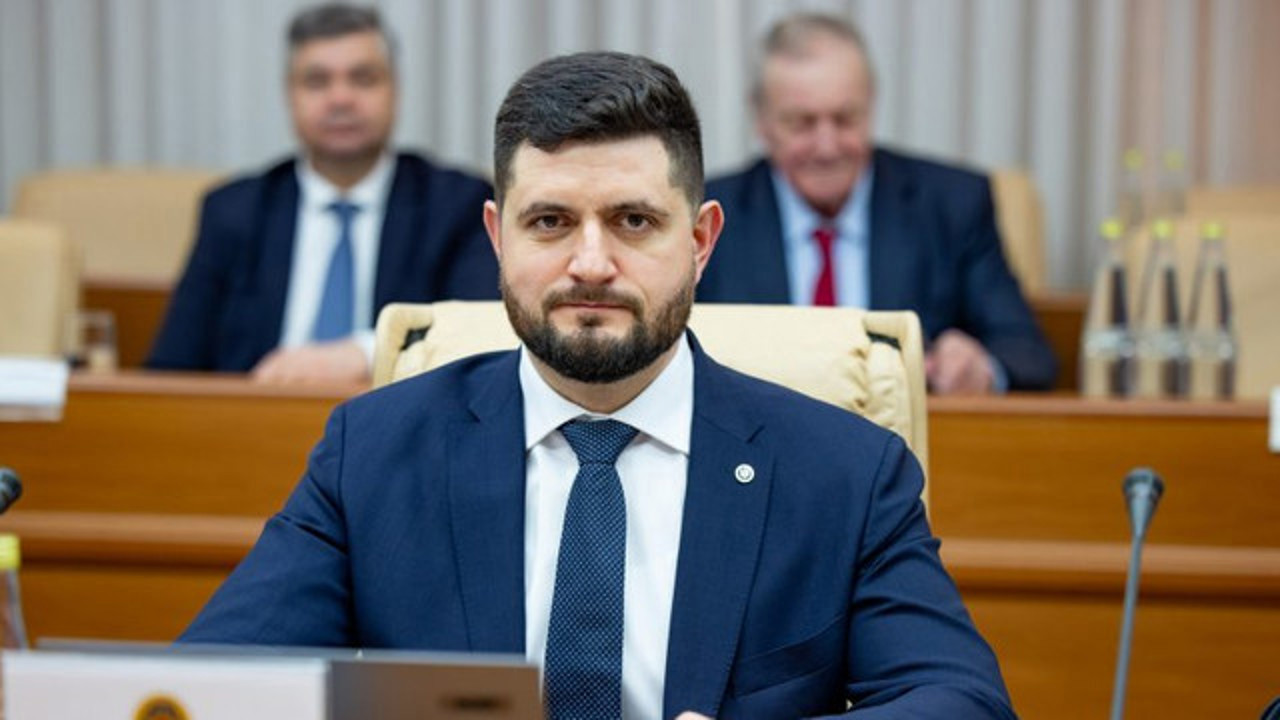Expert: Accepting human rights conditionality is a test for the Tiraspol regime
Accepting human rights conditionality in exchange for European support to the Transnistrian region amid the energy crisis poses a significant test for the Tiraspol regime. The European Union's decision to offer assistance to the citizens of the Republic of Moldova during this crisis illustrates that it does not engage in discriminatory treatment, including towards those who may not support our country’s European path. Furthermore, the EU's commitment to help the left bank of the Nistru in addressing the energy issue shows that Brussels views this region as an integral part of the Republic of Moldova. These insights were shared by political expert Miahi Isac in the show Paralela 47 on Radio Moldova.

“At this moment, the Republic of Moldova needs to implement a more proactive communication strategy in the Transnistrian region. This strategy should aim to understand the local population better, including where funding originates and who is providing assistance. Additionally, it is essential to apply this communication strategy in areas controlled by the constitutional authorities, as we have seen the consequences of not effectively communicating the results of the support that Moldova receives from the community bloc and its member states or partners,” stated Isac.
We remind you that the European Union has provided an additional €60 million in support for the Transnistrian region to help address the energy crisis. This assistance is conditioned by respect for human rights. An additional emergency aid package of €20 million was also granted for the period from February 1 to February 10. Chisinau has yet to announce whether it has received a response from Tiraspol regarding this European support.





